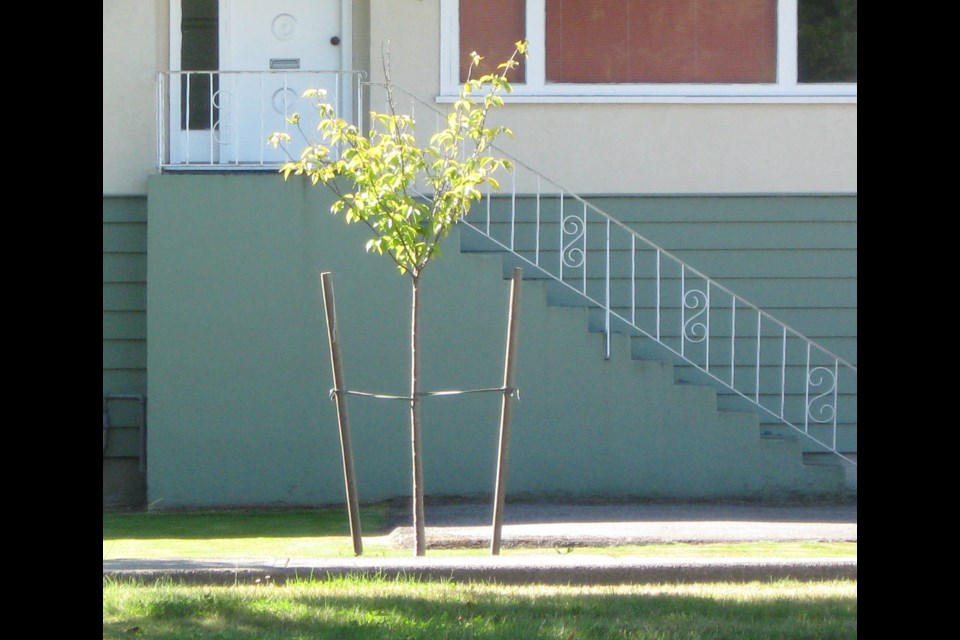I see cars on the road and think, “They have it easy – they run on fuel, supplied by us.” And what do we run on? Our body’s fuel is food, and notwithstanding occasional delays with distribution and delivery, we’re well nourished. But what about that other component of our being – our soul or mental state? There, I believe many of us suffer undernourishment.
Mentally we’re experiencing extreme stress. The ongoing pandemic influences all spheres of our lives, and we’re still trying to figure out how best to cope as new situations arise (the start of school, university). Furthermore, the political situation in the US is almost as explosive and destructive as the wildfires currently devastating California, and the effects of politics don’t stop at the border. Nothing seems to be predictable.
Humans have had to cope with, and adjust to, world-wide crises in the past – during World War II, for instance. But there are very few people left who can compare the experiences that then convulsed their lives and how they dealt with them, to the turmoil felt by us today.
A radio announcer said that during the pandemic people found they had more time on their hands than they would have had under normal circumstances, and because of the closure of many restaurants and entertainment venues they had more money to spend. Travel, too, is still restricted. Many are using this newly-found time and money to renovate or improve their homes.
I’ve watched it happen in my neighbourhood. One person has redesigned their yard to include a seating area, protected from sun and rain, and a trampoline for children. Another has dug up a part of their lawn for larger garden beds. Now flowers and bushes welcome insects and birds, and please the eye of the owner and of every passer-by – something positive created from what had been an expanse of tired grass.
This kind of activity is therapeutic and its benefits are long-term. It also taps into something else, a most important nourishment for the soul – hope. In the Christian religion, hope is one of the three theological virtues, described by St. Paul in the New Testament. The word comes from the Old English “hopa,” signifying confidence in the future (Latin for hope is “spes,” which gave us our words despair – lose hope – and prosper – thrive). Hope is associated with optimism (from Latin “optimus,” best), another nourishment our soul needs in massive doses at present.
Trees have become correlated with my soul’s level of hope. I despair when, in front of a new house, I see a young tree, dead and unloved. It reminds me of William Blake’s words,
written in 1799: “The tree which moves some to tears of joy is in the eyes of others only a green thing which stands in the way.” But when, in front of a very old house, I see a tree, newly-planted and thriving, I’m filled with optimism: “He who plants a tree plants a hope” (Lucy Larcom, 19th century).
Sabine Eiche is a local writer and art historian with a PhD from Princeton University. She is passionately involved in preserving the environment and protecting nature. Her columns deal with a broad range of topics and often include the history (etymology) of words in order to shed extra light on the subject.



